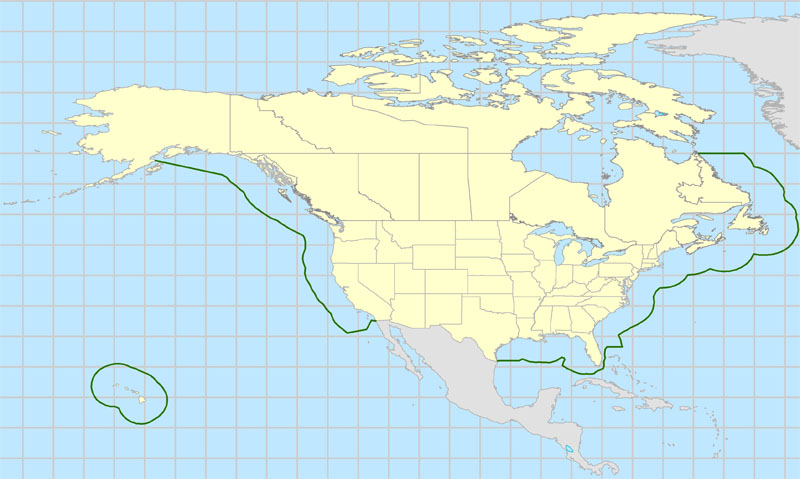
Cruise industry aims to water down environmental safeguards
Nearly two years after the International Maritime Organization approved an Emission Control Area for ships in the waters around North America, the first phase is finally set to begin on August 1. This ECA designation brings the ocean waters of North America into an international control program which controls the emissions of nitrogen oxides, sulfur oxides and particulate matter from ships within 200 nautical miles of the coasts of the U.S. and Canada. The ECA requires ships to use fuel with a 1.0 percent or less sulfur content to reduce harmful air emissions with even more stringent, cleaner fuel requirements beginning in 2015. The cruise industry has fought these emission standards every step of the way, including a recent push for Congress to include an amendment that would exempt cruise ships from the ECA in less populated areas like Alaska and Hawaii. Cruise ships use a fuel known as “bunker fuel” which is made from the residual fuel left over from the refining of diesel, jet fuel and gasoline used in huge ship engines. Currently the U.S. EPA estimates that every single day an average cruise ship traveling between Vancouver B.C. and Alaska emits the same amount of sulfur dioxide as 13.1 million cars, and as much soot as 1.06 million cars. Needless to say, the emissions from cruise ships burning bunker fuel make Los Angeles smog look clean.
In June, the Seattle Times published an op-ed by Friends of the Earth that advocated for the full implementation of the ECA despite cruise industry efforts to water it down. Friends of the Earth has been advocating at the IMO to strengthen emissions standards for ocean-going vessels for the past several years. Bunker fuel emissions significantly impact our air quality, not just along the coast but for hundreds of miles inland. When bunker fuel is spilled it is almost impossible to clean up and has extremely destructive effects on our ocean waters and the plants and animals that depend on those waters. Again, the U.S. EPA estimates that the ECA will prevent between 12,000 and 31,000 premature deaths across the U.S. and save billions of dollars in health care costs by 2030.
The cruise industry, however, claims that it will have to avoid North American waters if such standards pass, citing increasing costs due to the switch to less polluting fuel and replacing ship equipment to accommodate that fuel. The Cruise Line Industry Association, along with its members, has successfully attached an amendment to the House Interior Appropriations bill that would allow ships to continue to use dirtier bunker fuel rather than fully comply with the Emissions Control Area designation. The State of Alaska also just sued U.S. EPA to block enforcement of the ECA in the state, stating that the ECA will result in higher freight rates and pricier cruises that will hurt the state’s economy. If the cruise ship industry is successfully exempt from the ECA standards, then people along the coasts, along with the rest of the U.S., will be at an increasingly higher risk for asthma and other air pollution related diseases and even death. The cruise industry can’t be allowed to water down critical environmental and health protections and elevate profits over our health. Friends of the Earth will continue its efforts to ensure that the ECA remains strong and is fully implemented across the shipping industry on August 1.
Image on right: Area of the North American Emission Control Area, courtesy EPA.
Related Posts
Ways to Support Our Work

Read Latest News
Stay informed and inspired. Read our latest press releases to see how we’re making a difference for the planet.

See Our Impact
See the real wins your support made possible. Read about the campaign wins we’ve fought for and won together.

Donate Today
Help power change. It takes support from environmental champions like you to build a more healthy and just world.
